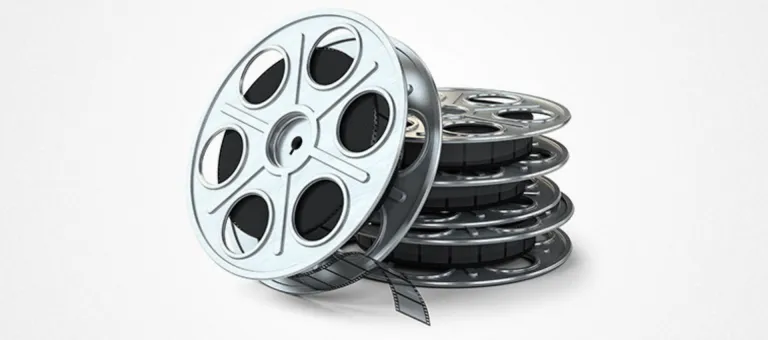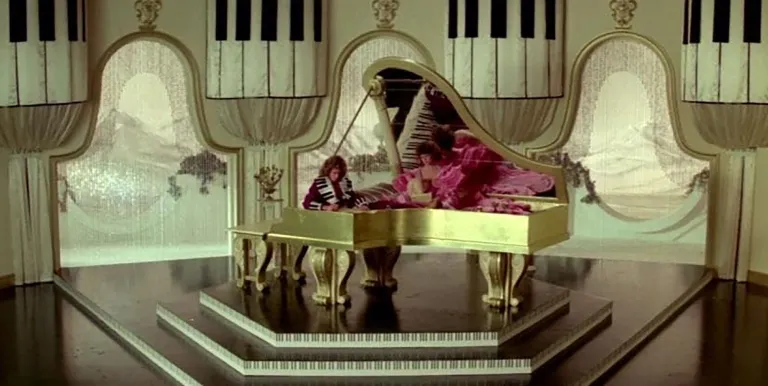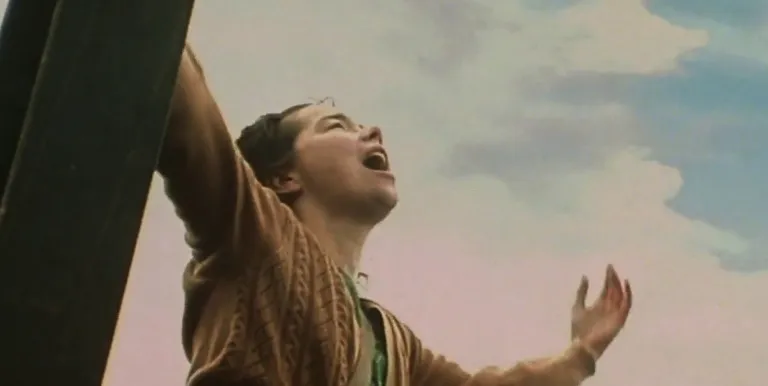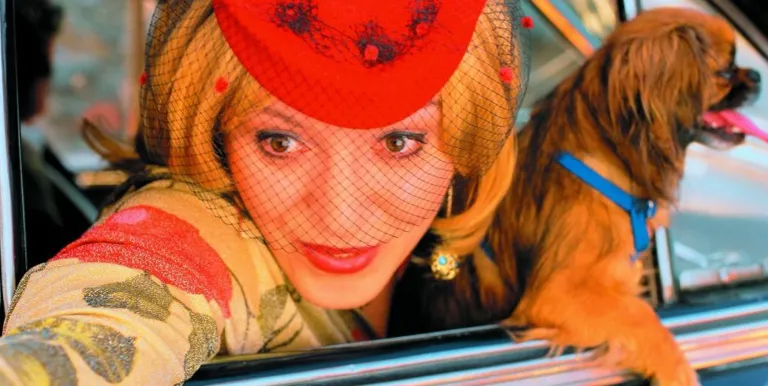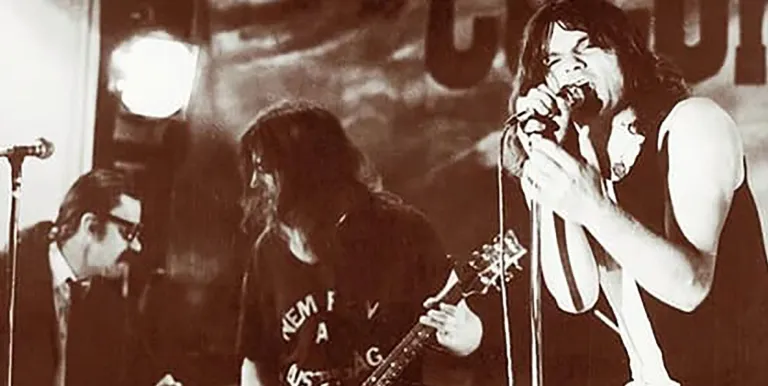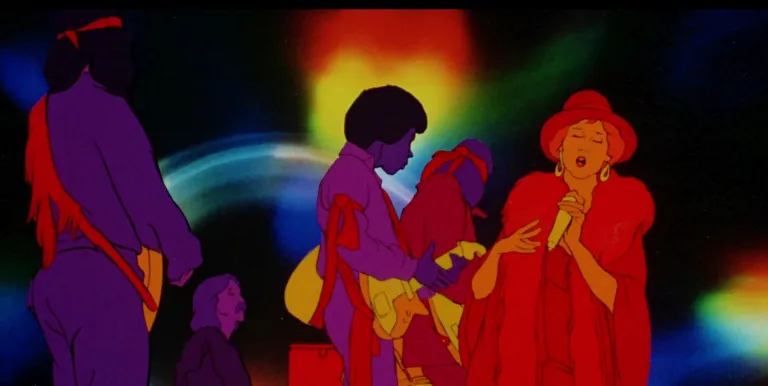Featuring:
Creator:
Here, we present the kind of film that can be approached from any angle. First of all, it is the adaptation of a novel written by Tracy Chevalier. It also contains a mystery: who might the model have been for one of Jan Vermeer van Delft's most famous paintings? Then there is the multi-faceted drama featuring images that spectacularly reconstruct Dutch life in the 17th century, and a colourful universe that not only reference's Vermeer's picturesque world, but also the style and genres of the golden age of Dutch painting.
Though however you, the esteemed viewer, approach Peter Webber's film, its essence lies in the details. While it is true that it is highly unusual to offer applause in the cinema at the end of a particularly successful scene, we could perhaps make an exception on this occasion, given that the cinematographer Eduardo Serra composes a 'painting' from some of the scenes. What is immediately noticeable is how the film takes its colours from the palette of Vermeer. And as the camera explores this world, the images come together as still life, genre painting, group picture and portrait. Bravo! It is a unique and bewildering, and under the director Peter Webber's interpretation, human dramas are in some strange way transcended into a visual work of art. In constant oscillation. One of the sources of the drama contained within comes from the reclusive painter, who strives for perfection and refuses to let anyone into his own world - except for a single person. Yet this person, the servant Griet, is more than just as a simple model: she is a girl full of feelings and desires who experiences a personal metamorphosis after entering the realm of the artist. Another layer to the film comes from the parallel duality of cleanliness and uncleanliness. In both literal and metaphorical terms. A spectacular adventure. (Incidentally, Peter Webber is currently working on another painting film, The Medusa.)
In English, with Hungarian subtitles.
The discussions before and after the screening will be conducted in Hungarian.
The Bridging Europe Festival is sponsored by the Embassy of the Netherlands.
Presented by: Müpa Budapest
-
We wish to inform you that in the event that Müpa Budapest's underground garage and outdoor car park are operating at full capacity, it is advisable to plan for increased waiting times when you arrive. In order to avoid this, we recommend that you depart for our events in time, so that you you can find the ideal parking spot quickly and smoothly and arrive for our performance in comfort. The Müpa Budapest underground garage gates will be operated by an automatic number plate recognition system. Parking is free of charge for visitors with tickets to any of our paid performances on that given day. The detailed parking policy of Müpa Budapest is available here.

